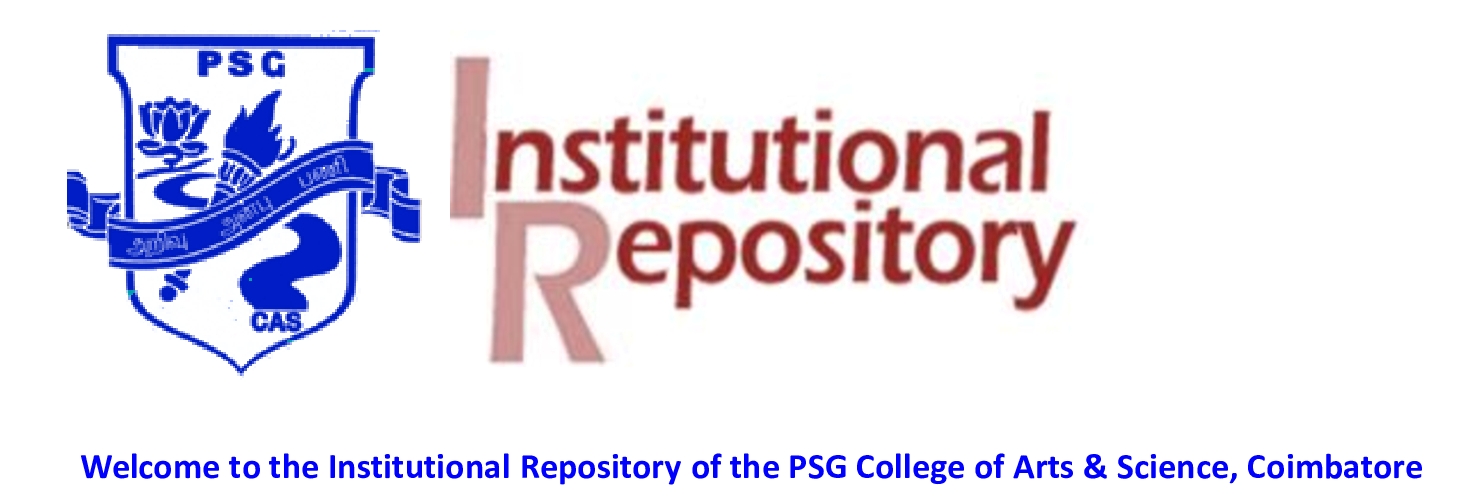Uma Palanikumar and Thangavelu AU (2024) Identification and in-silico analysis of phytochemicals from Phyla nodiflora (L.): Potential bioactive compounds for therapeutic applications. Identification and in-silico analysis of phytochemicals from Phyla nodiflora (L.): Potential bioactive compounds for therapeutic applications, 12 (1). pp. 1-8. ISSN 2348-1900
Identification and in-silico analysis of phytochemicals from Phyla nodiflora (L.) Potential bioactive compounds for therapeutic applications.pdf - Published Version
Download (790kB)
Abstract
The increasing demand for safer and more sustainable alternatives to chemical
based medicines has driven significant interest in plant-derived bioactive
compounds, which possess a wide range of therapeutic properties. Among
these, Phyla nodiflora (L.), a medicinal plant traditionally used in various
remedies, has garnered attention for its potential in treating numerous
ailments. However, a comprehensive understanding of the bioactive
compounds in P. nodiflora and their mechanisms of action remain limited. In
this context, the present study aims to explore the therapeutic potential of
phytochemicals derived from the hexane and methanolic leaf extract of P.
nodiflora. Using GC-MS (gas chromatography and mass spectrometry) analysis,
50 distinct chemical compounds were identified, from which the 10 most
predominant bioactive compounds were selected for further investigation
based on their known pharmacological properties. These compounds were
subjected to molecular docking studies against key protein targets, including
protein tyrosine phosphatase 1B, androgen receptor, cyclin A, and Na-K-Cl
Cotransporter 1 (NKCC1). The findings revealed that n-hexadecanoic acid,
stigmasterol, and beta-sitosterol exhibit significant potential as drug
candidates, demonstrating promising therapeutic applications for conditions
such as diabetes, alopecia, cancer, and anti-diuresis. These findings provide
valuable insights into the medicinal value of P. nodiflora, paving the way for
further research, including in vitro and in vivo studies, to validate the efficacy of
these compounds. Additionally, the study underscores the importance of plant
based drug discovery in the development of novel treatments for non
communicable diseases, thereby contributing to the growing body of research
in ethnopharmacology and natural product chemistry.
| Item Type: | Article |
|---|---|
| Uncontrolled Keywords: | anti-diuresis; cancer; dandruff; diabetes; in-silico docking; non-communicable disease; Phyla nodiflora; phytochemicals |
| Divisions: | PSG College of Arts and Science > Department of Biotechnology |
| Depositing User: | Dr. B Sivakumar |
| Date Deposited: | 03 Nov 2025 08:51 |
| Last Modified: | 03 Nov 2025 08:51 |
| URI: | https://ir.psgcas.ac.in/id/eprint/2508 |

